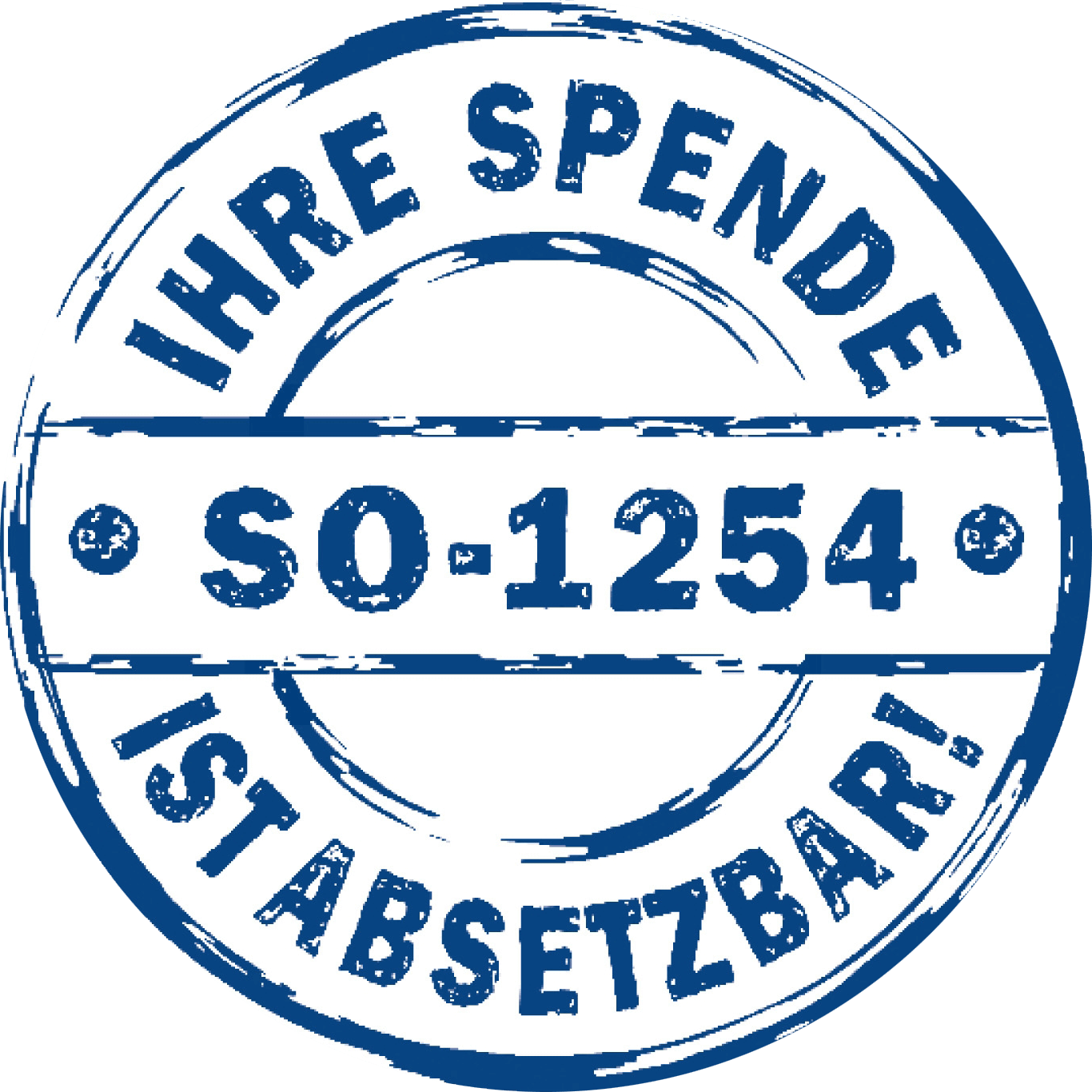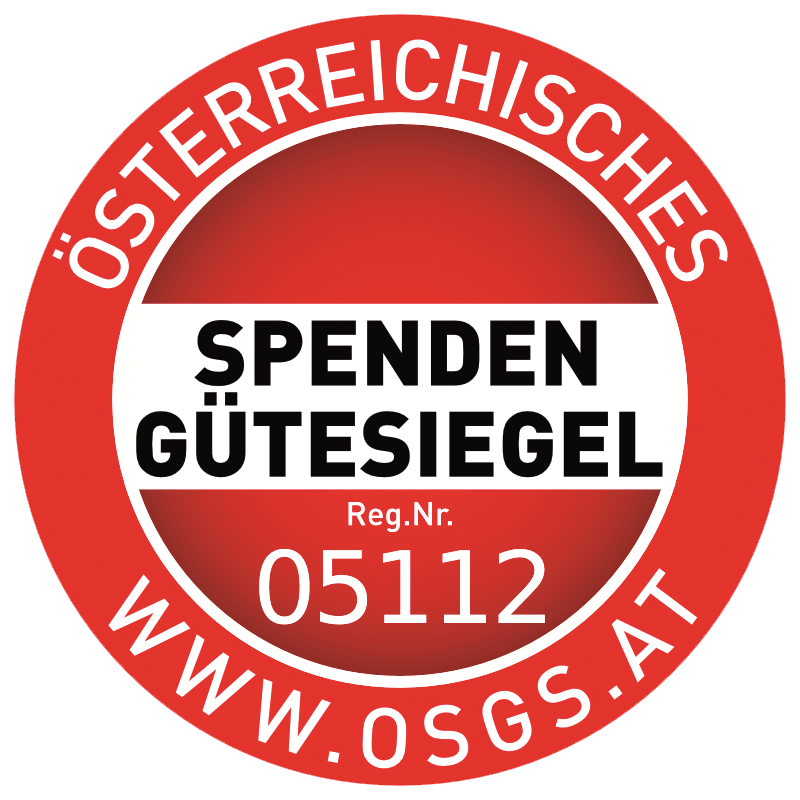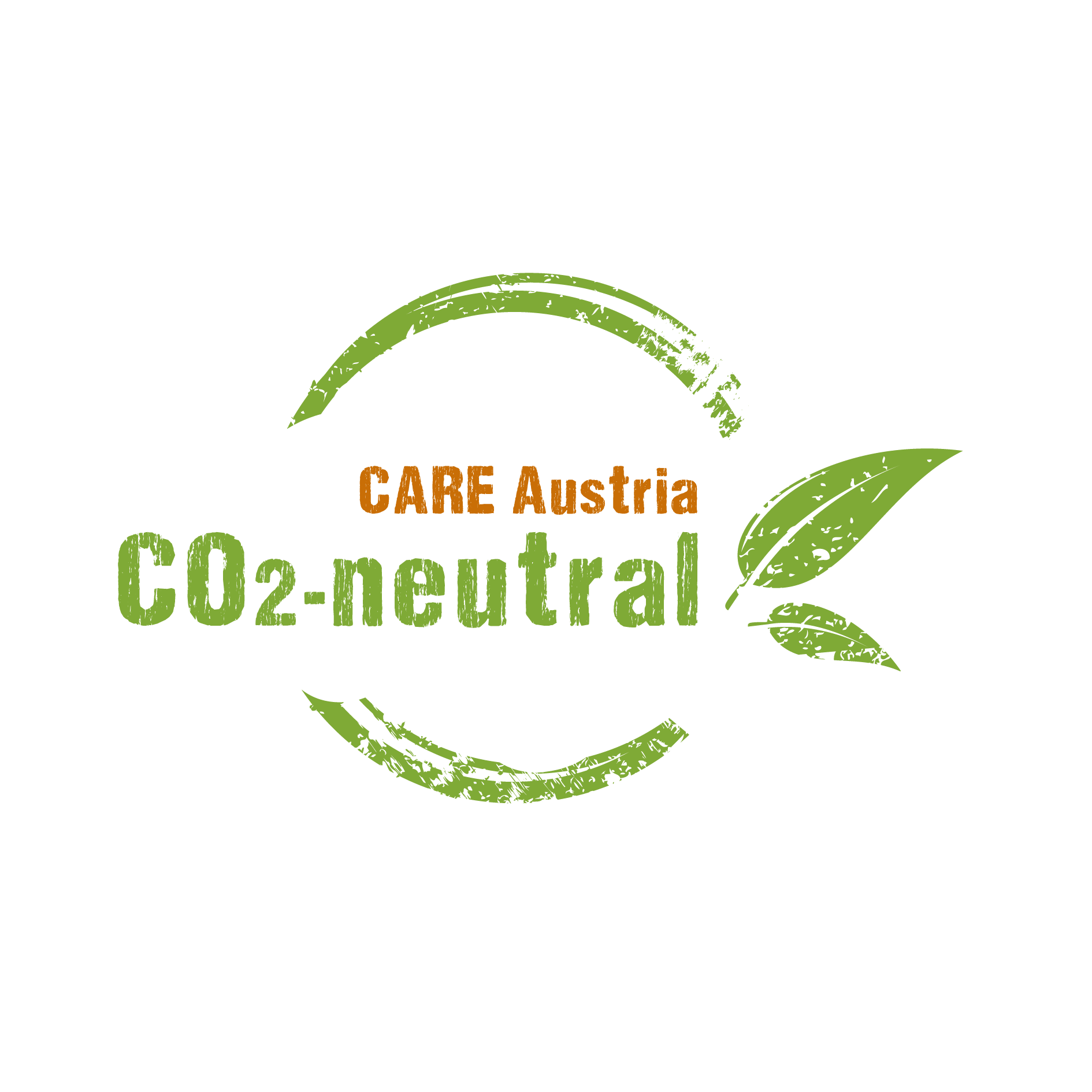ACROSS Ethiopia – COVID-19 Response Across the Humanitarian – Development Nexus in Ethiopia – ETH943
The April 2020 countrywide shutdown of schools and institutions affected the most vulnerable, in particular, women, girls, and people with disabilities. Although the restrictions have now eased, the COVID- 19 pandemic continues. Other disease outbreaks, landslides, and political tensions have further affected communities. Crop failure, loss of assets, insufficient water supply, and lack of income-generating opportunities, have led to increased malnutrition an increase in extreme poverty.
The awareness of target communities on COVID-19 prevention and personal and environmental hygiene is extremely low which has left target communities at a greater risk of COVID-19 infection and other illnesses. Hand-washing facilities with water and soap are largely unavailable. The lack of access to adequate sanitation is one of the largest contributors to multi-dimensional child deprivation in Ethiopia, with 89% of children facing some degree of deprivation.
The increase of COVID-19 cases has put a strain on the already overstretched healthcare system, with resources being shifted towards the COVID-19 response. This means that fewer mothers, women, people with disabilities, and children under five can access rehabilitation services and treatment for common illnesses, nutrition services, other mother and child health services, sexual and reproductive health services (including for gender-based violence (GBV) survivors), and mental health and psychosocial support. The psychosocial toll of the seven-month school closures for children with disabilities cannot be understated and has led to many dropping out of school. While women and girls have reported increased cases of GBV, forced marriage, abandonment, and polygamy.
Overall Objective
Contributing to the national efforts of preventing the negative impact of COVID-19 on target communities, especially affected vulnerable groups (women and people with disabilities) in Ethiopia.
Specific Objective
Increased resilience and self-reliance of institutions, communities and vulnerable individuals to prepare for and respond to Covid 19 in an inclusive and gender aware manner in the sectors water, sanitation and hygiene (WASH), psycho-social support (PSS) and livelihood in South Omo, West and East Arsi, West Hararghe, Arbaminich.
Expected Results
Result 1: WASH and Pre-hospital care
Increased COVID-19 preparedness and response on institutional and communal level focusing on WASH and pre-hospital care with an inclusive and gender-aware approach in targeted regions.
Result 2: Psychosocial and Social support
Improved ability of predominantly girls and women, including girls and women with disabilities, to cope with COVID 19 induced and/ or aggravated psychosocial and social protection needs.
Result 3: Risk communication
Ensuring access of vulnerable groups and targeted communities to timely, gender-aware and inclusive information related to COVID-19 and provide it in a way that respects their safety, dignity and rights a two-way line of communication through feedback mechanisms.
Result 4: Livelihood
Affected vulnerable groups and communities have access to short and medium-term livelihood support to cover their basic food and non-food needs and develop their own strategies to preserve their livelihoods.
Result 5: Cross-cutting issues
Increased knowledge sharing and trainings of consortia partners on inclusion, gender and risk communication in relation to COVID-19 informing the design and implementation of the project results.
Main Activities
- Construction of new and/ or connection to existing water infrastructure in health centres, schools, and communities, including respective operation and maintenance mechanisms
- Construction and installation of mobile /emergency latrines and waste disposal and management facilities in schools and health centres
- Provision of handwashing stations at key locations in health institutions and schools
- Distribution of WASH supply provisions, e.g. soaps, cleaning and disinfection materials for schools and health institutions and targeted households
- Hygiene promotion and awareness-raising campaigns on community and institutional level
- Provision of quality ambulance services ensuring minimum standards of infectious transports
- Training of facilitators, teachers, volunteers, staff and health care workers in Mental health and Psycho Social Support (MHPSS)
- Provision of MHPSS support and Psychological First Aid (PFA) to vulnerable groups
- Provision of Home Care through volunteers to vulnerable groups
- Strengthening of Gender Based Violence (GBV) referral pathways
- Production and distribution of inclusive and gender aware COVID-19 related Information, Education and Communication materials
- Design and carrying out of targeted inclusive and gender aware COVID-19 campaigns in the focus regions (House to house visits, mobile vans, radio spots) including establishing feedback mechanism to track, analyse and respond to beliefs, rumours, questions and suggestions
- Training of volunteers and staff in COVID-19 Risk Communication and epidemic control
- Support health authorities in testing and possible vaccination campaigns and operations
- Support local capacity building initiatives in the area of Early Warning (EW), Disaster Risk Reduction (Woreda, Kebele level EW)
- Support of vulnerable groups with unconditional cash and voucher assistance accompanied by a feedback mechanism
- Establishing and supporting Village, Saving and Loan Associations (VSLAs) with a specific focus on the membership of women and people with disabilities
- Supporting youth with disabilities in developing technical and entrepreneurial skills to access the labour market
- Knowledge sharing and training of all consortia partners on COVID-19 relevant risk communication and community engagement to ensure the target population is reached with the right information
- Knowledge sharing and training of all consortia partners on gender to ensure a gender aware program
- Knowledge sharing and training of all consortia partners on inclusion to ensure an inclusive programmatic approach
- Continuous support on inclusion to all consortia partners through Disability Inclusion Facilitators.
Location
East Arsi and Arbaminich, South Omo and West Arsi, as well as West Hararghe
Beneficiaries
- 107,100 people receive hygiene promotion, 32,700 people gain access to water, 63 institutions receive WASH provisions, 3,000 people supported with ambulance services.
- 183 people trained on MPHSS, PFA or HomeCare support, 25,800 people receive MHPSS, PFA and HomeCare support, 10 GBV cases referred/reported.
- 332,000 people reached with risk communication, 10 risk communication material pieces developed.
- 2,600 people receive cash support, 1,560 people participate in VSLAs, 52 youth with disabilities gain employment.
- 45 staff are trained in disability inclusion, gender, risk communication and community engagement.
Duration
01.05.2021 – 31.10.2023
Total Budget
€ 2,098,000
Partner Organisations
Light for the World (lead), Austrian Red Cross
Donors
This project is funded by the Austrian Development Agency (ADA).
This project contributes to the following sustainable development goals (SDGs):














